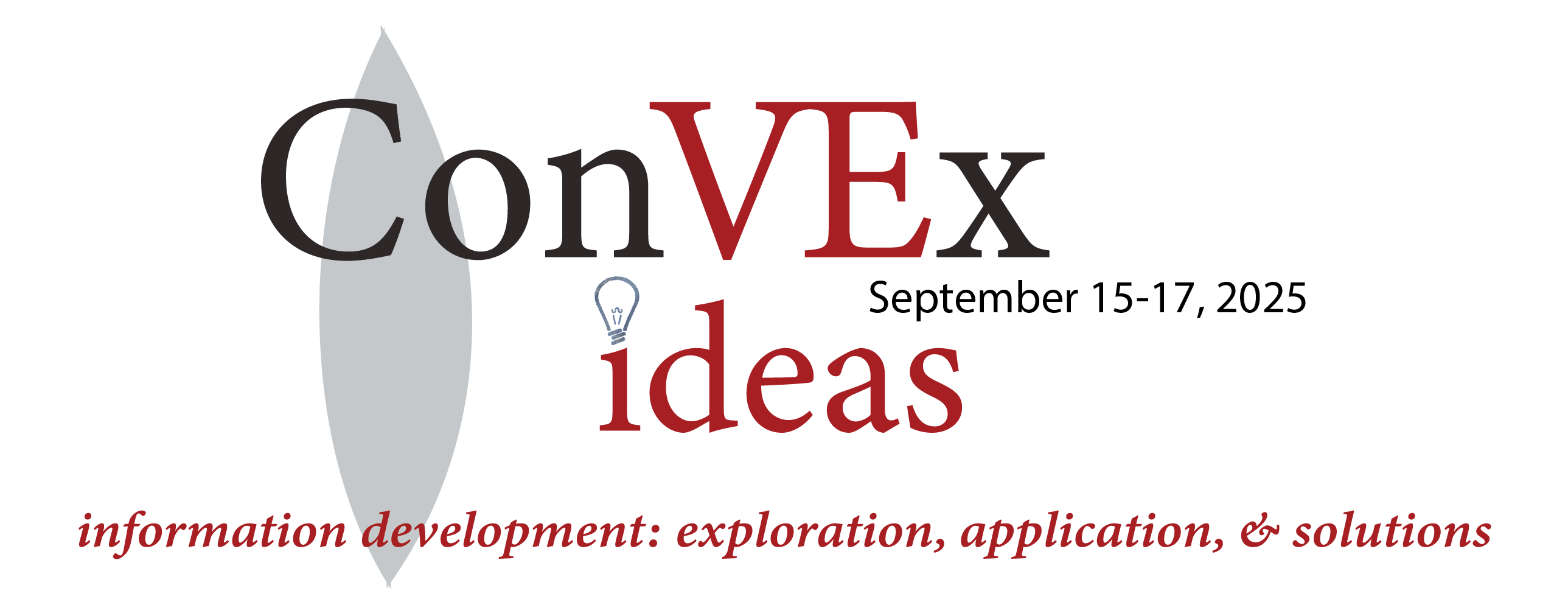Traceability, Responsibility, and Ethics in a Hybrid Society
The salient characteristic of the fourth industrial revolution, or Industry 4.0, is that machines take decisions without human intervention. One of the results of this fact is that humans and machines interact as partners in teams or communities. This is already happening with personal assistants and chatbots, and as AI-driven IoT develops, there will be increasing levels of hybrid human-machine interaction and shared decision-making.
This presentation dives a bit deeper into the questions of how we keep track of decisions made in a machine-to-machine context (i.e. in code unreadable by humans) or by algorithms that are black boxes even to the programmers that designed them. How can we follow up, perhaps years later, to understand the basis on which a decision was made by machines, and which may be pivotal to a lawsuit or other investigation? There’s lots of nice talk about how humans must remain in control, but what mechanisms can we put in place to ensure that? What are the real ethical questions that information specialists need to be thinking about? MIT’s Moral Machine experiment posed questions about the driverless car conundrum in binary fashion (would you kill the owner or the pedestrians, an older person or a younger one, etc.). But this is not how humans react in an emergency, and machines shouldn’t either – so what questions should we be asking? How should we be informing owners of AI-driven products about these kinds of questions?
I don’t have the answers, but if we don’t ask the questions, we’ll never get them – this is a step towards exploring some uncomfortable areas in an attempt to solve problems before they occur.
What can the audience expect to learn?
Most technical communicators don’t think their job involves confronting ethical questions, or questions around accountability. And for the most part, in the past, that’s been true. But today, and moving into the near future, this is suddenly going to become very important in our profession. By exploring these issues, we also explore how attendees might want to plan their future careers to include some expertise in this area. To date, I don’t know of any technical communications programmes in universities that include an ethics unit, for example. Perhaps they should start doing it.
Meet the presenter

Ray Gallon is president and co-founder of The Transformation Society. He has over 20 years’ experience in the technical content industries, including major companies such as IBM, Alcatel, and General Electric Health Care. Previously, Ray was an award-winning radio producer and journalist, working with broadcasters such as CBC, NPR, France Culture, Radio Netherlands International, Deutsche Welle, WDR. In the late 80’s, Ray was programme manager of WNYC-FM, New York Public Radio.
Ray is president of The Information 4.0 consortium. He is a former international board member of the Society for Technical Communication (STC) and past president of STC France. He is a frequent speaker on communications topics at conferences and seminars around the world, and currently teaches at the Universitat de Barcelona and the Université de Strasbourg, and serves as co-chair of the Transformation Society and Information 4.0 Research and Development Group (RDG) of the World Federation of Associations for Teacher Education (WFATE). He has also taught in graduate and undergraduate programmes at New York University, The New School, Université de Toulouse Le Mirail, Université Paul Valéry, and Université de Paris Diderot. He has contributed to numerous books, journals, and magazines, and is the editor of The Language of Technical Communication (XML Press).
Ray shares his life between Barcelona, Spain, and the Occitanie region of France.
